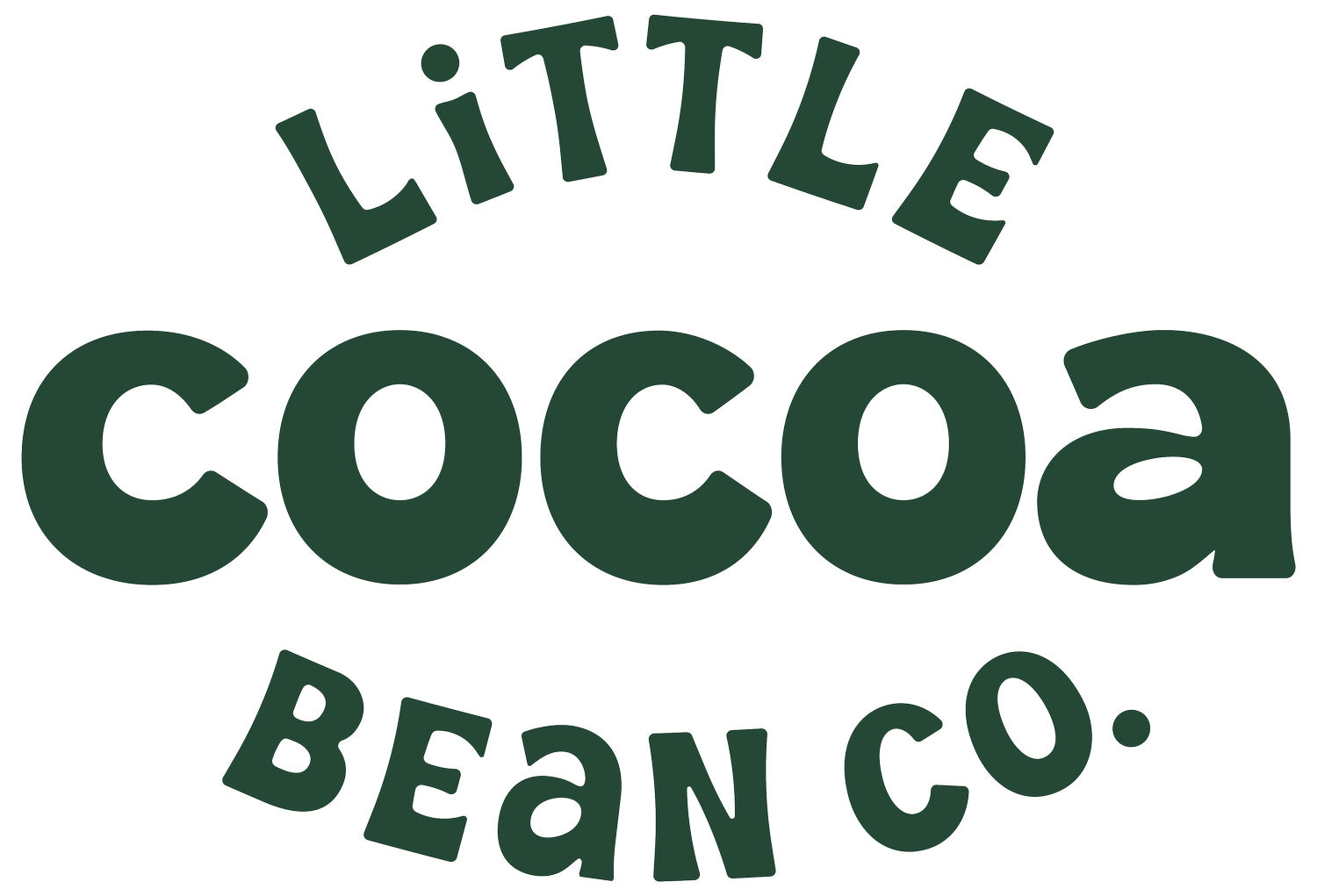Eggs-Feed Them Early
This article, like many others found on our site, was created in partnership with our team of nutritionists and dietitians. The information presented is based on research and practice. Ultimately whatever diet and health-related decisions you make for your baby should be done after consulting with your baby’s pediatrician.
Let’s talk about feeding babies foods that are common allergens. I was so nervous when it came time to feed my baby allergenic foods. I knew the data. I understood that she would likely be just fine because no one in my family or in my husband’s family has food allergies. I was still so nervous. This is my baby we’re talking about people! Perhaps you’re feeling the same way. We get it. Talk to your pediatrician. They will reinforce the information written below.
***
Eggs are a common allergen. In the past, parents were advised to hold off on introducing young children to common allergens like peanuts and eggs. However, they soon discovered that delaying the introduction of common allergens actually increases the likelihood of an allergic reaction. The CDC now recommends introducing allergens in small amounts as soon as you start solids unless you have a family history of certain food allergies.
Nutrition: Eggs are a terrific source of protein, essential fats, iron, and zinc—specific nutrients that babies need to thrive and grow. In fact, eggs, and particularly the yolks, contain all vitamins with the exception of vitamin C and are one of the best sources of choline, an important nutrient for cellular growth, brain development, and bone building. Lastly, eggs are one of the only food sources of vitamin D. Eggs from chickens raised outside will have higher amounts of vitamin D than those from chickens raised inside industrial coops. Eggs from free-range, pastured chickens will also likely be lower in chemicals and endocrine disruptors that can affect growth hormones and cell growth.

Eggs, Feed Them Early (6+ months)
Ingredients
- 2eggs
- 3 tbsp breast milk, or formula
- 1/8 tsp Olive oil or unsalted butter
Instructions
- Crack the eggs into a bowl and whisk well, adding a little whole milk, breast milk or formula.
- Heat a non-stick skillet on medium with some olive oil or butter and when it’s hot, pour the egg mixture in, lower the heat to medium-low, and cover.
- Cook the eggs as an open-face omelet for a few minutes and then once the eggs are relatively set and firm, fold them in half with a spatula and cook a bit longer until the inside of the omelet is completely done.
- Cool completely and cut in strips to serve.
Notes:
Eggs are a terrific source of protein, essential fats, iron, and zinc—specific nutrients that babies need to thrive and grow. In fact, eggs, and particularly the yolks, contain all vitamins with the exception of vitamin C and are one of the best sources of choline, an important nutrient for cellular growth, brain development, and bone building. Lastly, eggs are one of the only food sources of vitamin D.

